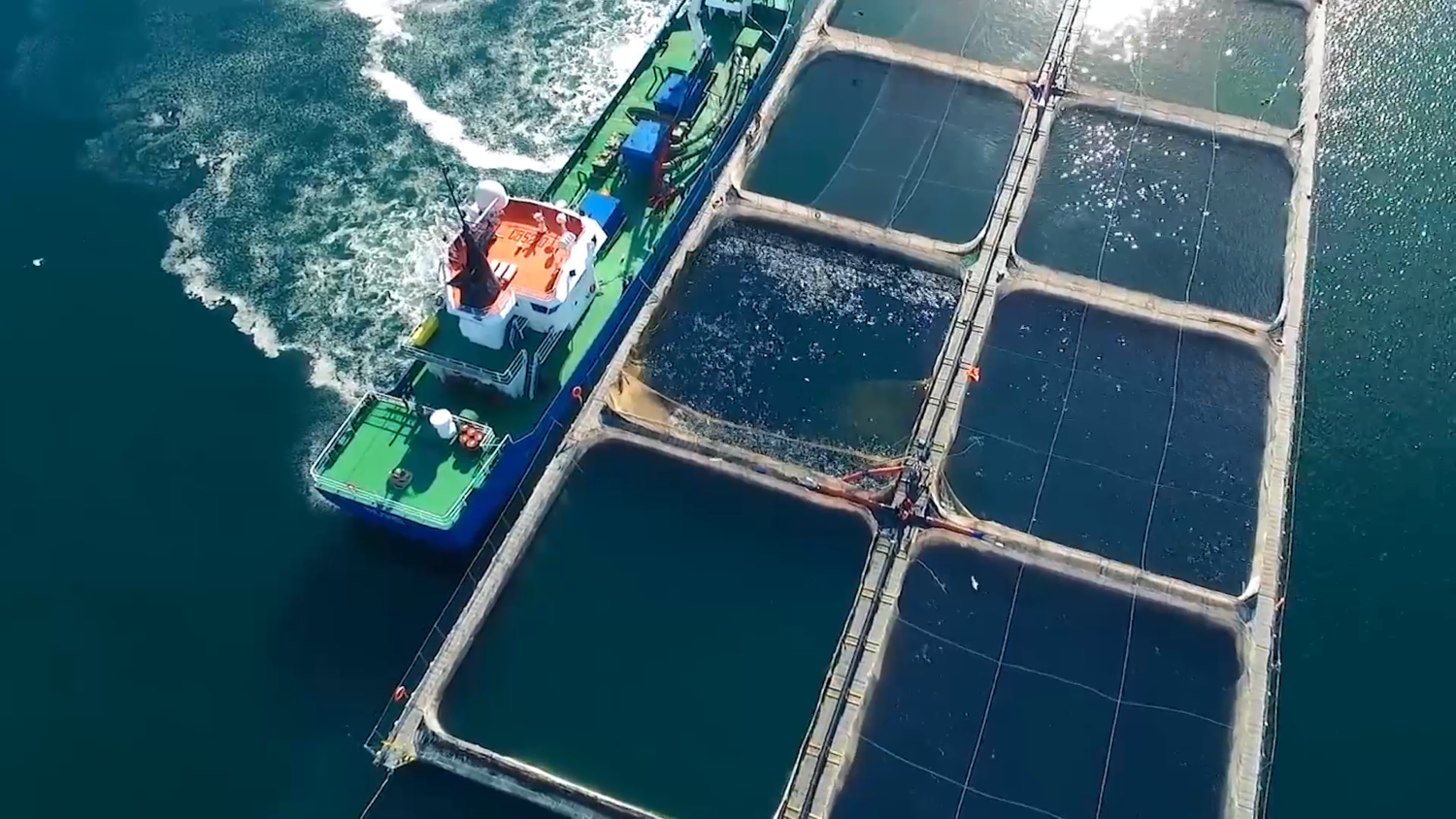The World Health Organisation (WHO) cites antimicrobial resistance (AMR) as an increasingly serious threat to global public health, and it has been urging the implementation of coordinated action plans across all levels of society to slow its acceleration.
Functional nutrition’s crucial role in helping aquaculture mitigate AMR development
– Skretting to share expert insight at AQUA 2018

With the knowledge that the overuse of antibiotics in animal production contributes to AMR, Skretting advocates for a substantial reduction in farming’s reliance on antimicrobial drugs. Indeed, at the highest levels, it has been making the case for adopting a holistic approach based on farm, feeds and health management as a means to significantly reduce antibiotics on a global scale. Skretting has also provided conclusive evidence that such a proactive approach can improve animal welfare while improving productivity.
In addition to general nutrition, the application of functional ingredients in aquaculture feeds provides preventive health benefits that improve the tolerance of fish and shrimp to challenges such as disease and stress. The central role that such diets have in aquaculture health management and limiting the requirement for antimicrobial drugs, together with Skretting’s considerable progress in this area, will be explained at AQUA 2018 by Charles McGurk, Health Manager at Skretting Aquaculture Research Centre (ARC).
“Skretting has unmatched experience in the field of functional nutrition for aquaculture. We began working in this area in 1989 and launched the world’s first fish health feed in 1992. This breakthrough diet proved that formulating diets with specific ingredients could result in stronger, more robust animals that are better equipped to deal with disease challenges. We have been building on that R&D and advancing our expertise for more than 25 years since. That investment has led to a stream of innovative health solutions for the global aquaculture industry,” says McGurk.
To convey some of the key benefits that functional nutrition can have, McGurk will share details of three different Skretting innovations that have had positive effects on health and survival in aquaculture systems challenged by pathogenic diseases. The conference delegates will hear about a solution designed to help salmonid fish defences against the challenge of sea lice, a diet that supports shrimp defences against hostile threats such as Vibrio spp. bacteria causing Early Mortality Syndrome, and a new diet launch aimed at reducing the impact of bacterial diseases in tilapia stocks.
“These diets – Shield, Lorica and Protec Tilapia – demonstrate how aquaculture can reduce its dependence on antibiotics through functional nutrition. At the same time, it’s important to recognise that the prudent and considered use of antibiotics still remains in the interests of human health and for animal health and welfare. Along with strategies like optimised genetics, vaccination, biosecurity, physical pathogen control, low-stress handling and functional feeds, of course, they are part of a broader, structured approach to performance and health management in aquaculture.
“In the grand scheme of things, aquaculture’s use of antibiotics is fairly limited, but in the instances where it is suitable to use them, we must ensure that they are only used appropriately. To preserve its reputation, the industry as a whole needs to be very proactive on the issue of AMR and should do everything that it can to avoid further contribution to its development.”
To illustrate how Skretting is taking a responsible approach to the continued use of antibiotics, McGurk will also share details of the Pincoy Project – a collaborative programme that it established alongside local and global companies to reduce antibiotic use in the Chilean salmon farming industry while also delivering measurable sustainable growth.
Organised by the World Aquaculture Society (WAS), AQUA 2018 is being held in Montpellier, France on 25-29 August 2018.



